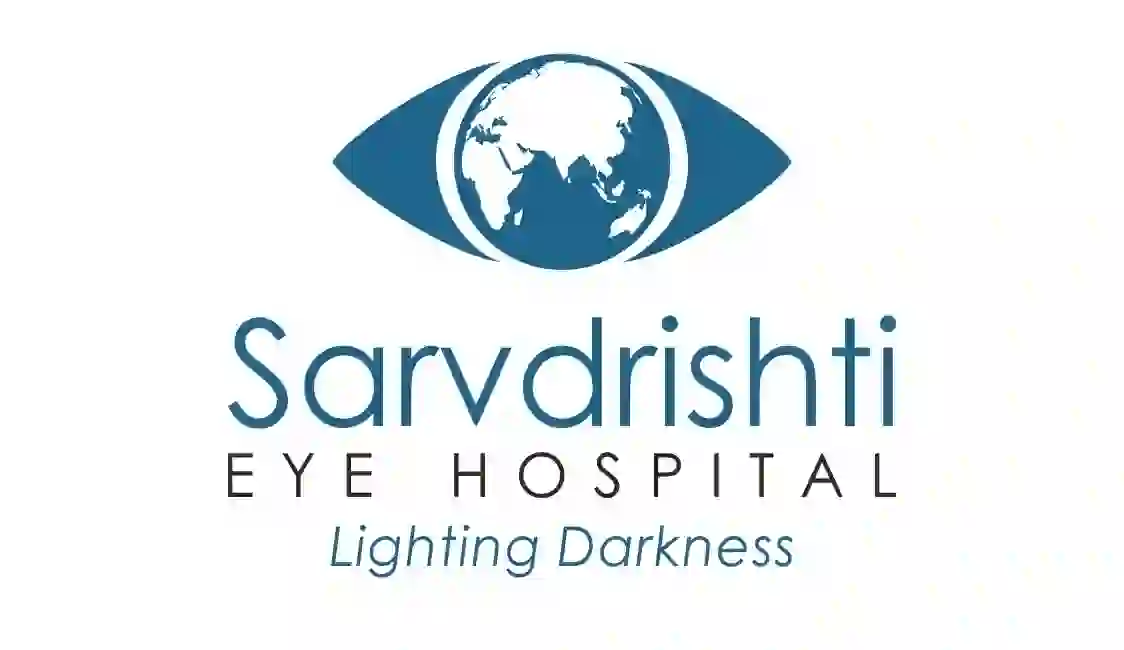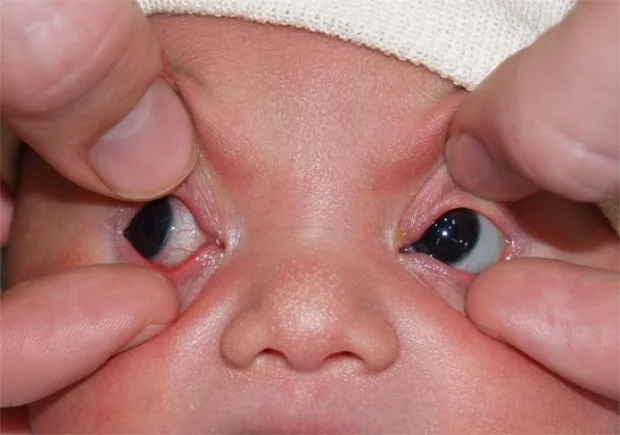ROP
Retinopathy of prematurity (ROP) is an eye disease that can happen in babies who are premature (born early) — or who weigh less than 2.5 kg at birth. ROP happens when abnormal blood vessels grow in the retina (the light-sensitive layer of tissue in the back of your eye). Some babies with ROP have mild cases and get better without treatment. But some babies need treatment to protect their vision and prevent blindness.
Normally, the blood vessels of the retina start to develop in the fourth month of pregnancy and finish developing around the due date, or 9 months of pregnancy. If a baby is born very early, these blood vessels may stop developing normally. The retina then develops new blood vessels that are abnormal. This is called retinal neovascularization, or NV. These abnormal blood vessels can grow in the wrong direction. The blood vessels are attached to the retina — so if they grow too far in the wrong direction, they can pull the retina up off the back of the eye. This is a type of retinal detachment









